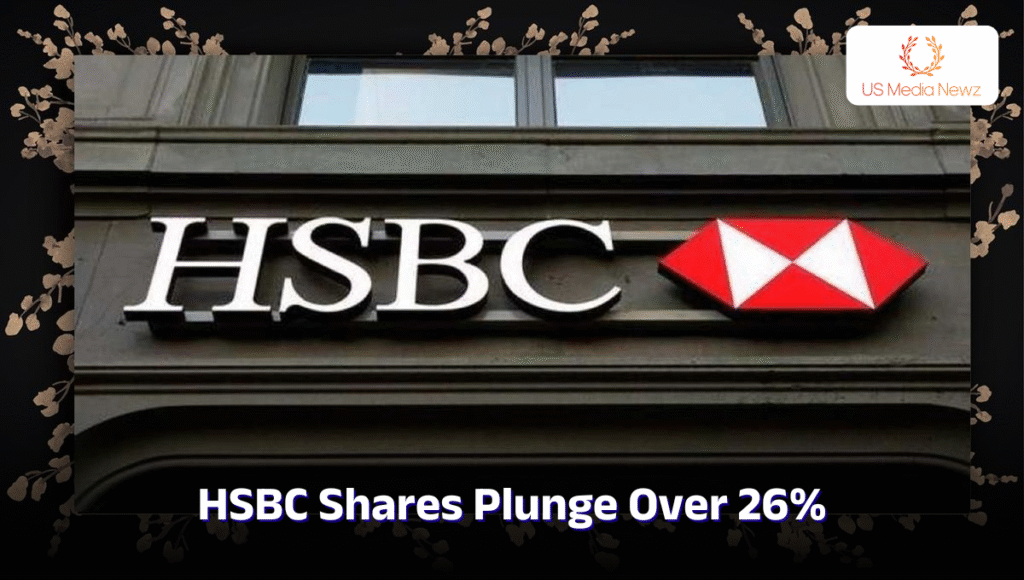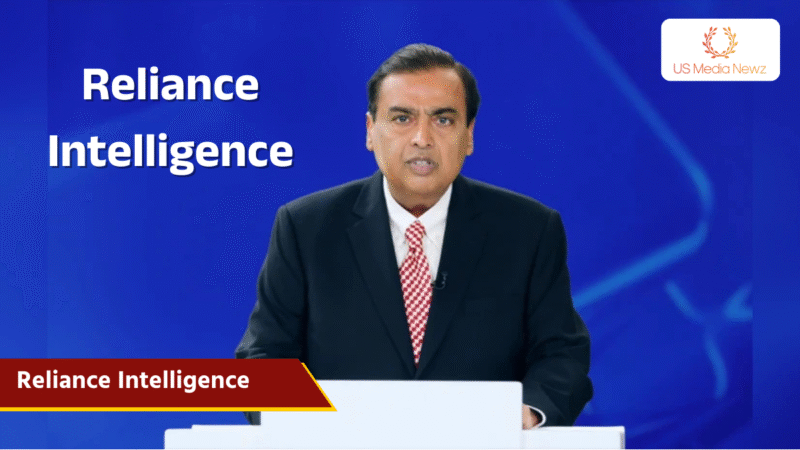HSBC Shares Plunge Over 26% — What’s Driving the Drop and What’s Next?
HSBC pre-tax profit tumbles 26%, hit by China writedowns and Hong Kong real estate exposure. Discover the full story and future outlook here.

Introduction
HSBC, one of the globe’s banking giants, just made headlines with a staggering 26% drop in pre-tax profit for the first half of the year. The financial world is buzzing with questions: What sparked this dramatic decline? How is the bank responding? And what does it mean for investors and customers? In this post, we’ll unpack the facts, examine the causes, analyze the implications, and explore what’s next for HSBC.
1. Background on HSBC’s Performance
HSBC reported a pre-tax profit of $15.8 billion for the first half of 2025, falling short of the $16.5 billion forecast—marking a 26% year-on-year decline.
This setback prompted a sharp market reaction, with shares tumbling around 4.5%, a drop seen on both London and Hong Kong exchanges.
2. Key Drivers Behind the Profit Slump
2.1 Impairments from China Investment
A major blow came from HSBC’s stake in China’s Bank of Communications (BoCom). The bank took an additional $2.1 billion writedown following weak performance and a dilution after BoCom’s fundraising. This followed a prior $3 billion impairment in early 2024.
Despite the hit, CEO Georges Elhedery emphasized that these are “paper losses” and not expected to threaten dividend payments.
2.2 Exposure to Hong Kong Real Estate
HSBC also raised expected credit losses to $1.9 billion, up by $900 million due to its exposure to Hong Kong’s struggling commercial real estate sector.
The prolonged downturn in China’s property market, coupled with oversupply and lowered rental values, continues to pressure the banking sector.
3. Strategic Restructuring and Buybacks
HSBC’s new CEO, Georges Elhedery, is spearheading a global restructuring strategy. Current actions include:
- Reviewing retail operations in Australia, Indonesia, and Sri Lanka
- Exiting the Bangladesh retail business in the second half of the year
Importantly, HSBC’s corporate and institutional banking divisions remain resilient, delivering a 4% increase in pre-tax profit, providing a much-needed buffer
The bank also announced a $3 billion share buyback, augmenting an earlier buyback program of the same size. This signals confidence and aims to return value to shareholders amid market volatility.
4. Implications for Stakeholders
- Investors: Short-term shares may face further fluctuation, though buybacks provide some support.
- Employees: With restructuring underway, roles in specific retail divisions may be affected.
- Clients: Core services in corporate and institutional banking remain robust, offering continuity.
- Global Markets: HSBC’s caution regarding U.S. tariffs and macroeconomic instability underscores ongoing geopolitical risk
What caused HSBC’s 26% profit decline?
Is this decline permanent?
HSBC’s leadership frames the losses as largely “paper” related to accounting impairments, not reflective of long-term health. Key divisions such as corporate and institutional banking remain strong
What is the bank doing to rebound?
HSBC is undertaking a global restructuring—including scaling back in certain retail markets—and launching a $3B share buyback to bolster investor confidence
How did markets react?
Shares fell around 4–5% following the announcement across both London and Hong Kong trading floors
Could U.S. tariffs impact HSBC’s future performance?
Yes. HSBC cautioned that disruptive U.S. tariff scenarios and macroeconomic deterioration could impede its target for mid-teens return on tangible equity (RoTE)





